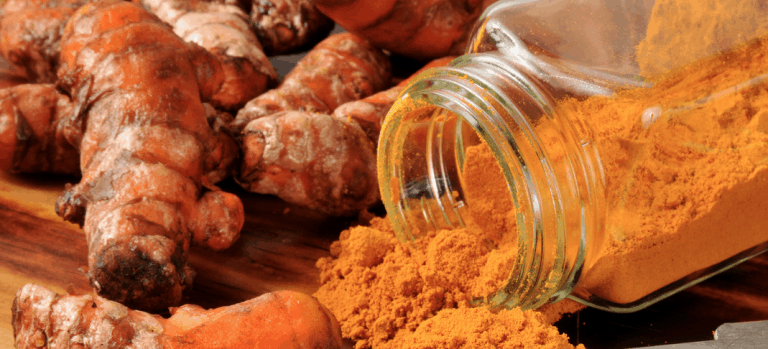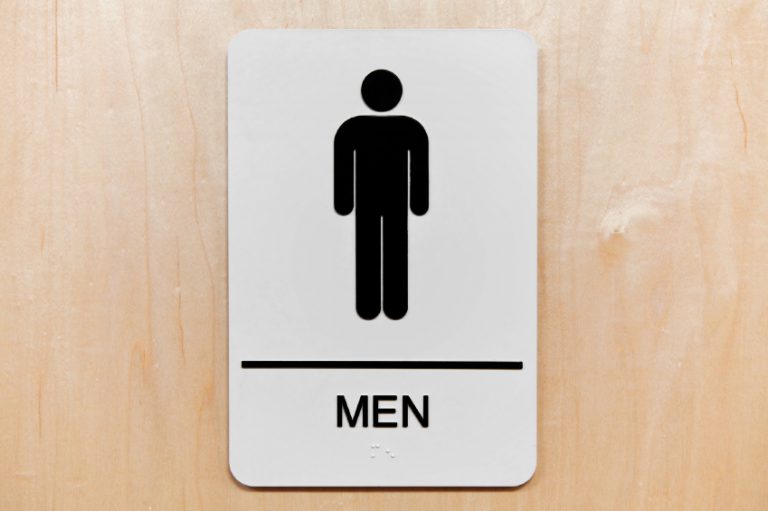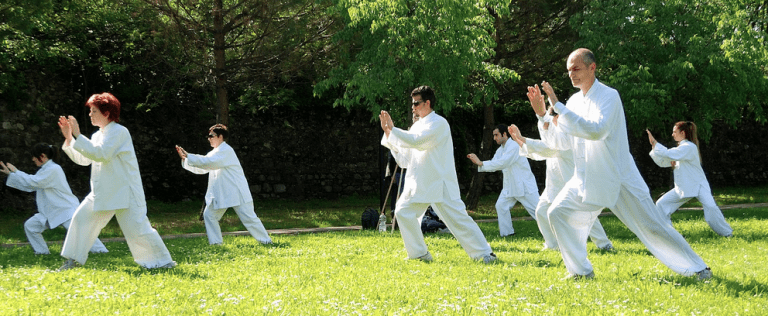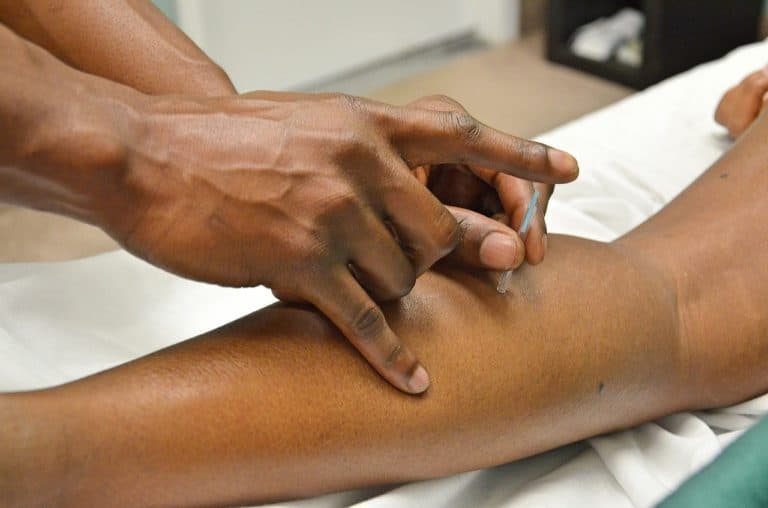Certain aspects of your lifestyle really factor into your overall health and your risk of chronic prostatitis/chronic pelvic pain syndrome (CP/CPPS). The choices you make, the foods you eat, the activities you do, and even your relationships and sexual habits can affect your prostate health and inflammation. Positive lifestyle factors include eating a healthful diet, having a sleep routine, getting regular exercise, and staying hydrated.
Negative lifestyle choices including drinking alcohol, smoking, staying out late, and not getting enough sleep. These lifestyle factors decrease your immunity and make you susceptible to infections and CP/CPPS. Even though exercise is good, certain activities and sports you play can cause injury and pelvic trauma (i.e., getting a karate kick to the groin or spending many hours on the wrong shape of bicycle seat), which can increase inflammation and lead to prostatitis.
How about your sex life? The amount of sex you have and type of sex you have can cause chronic prostatitis and even bacterial prostatitis. Acquiring a sexually transmitted disease from unprotected sex and bacteria from engaging in anal sex without a condom can lead to chronic prostate problems. That being said, the frequency with which you have sex is also an important factor—the good news is sex is good and encouraged (that is, safe sex with one partner or with a condom). It is important to ejaculate every week to clear toxins out of the prostate. Use it or lose it.
One important lifestyle contributor to prostatitis is stress. A 2009 study found that men with high stress levels, poor emotional health, and lack of social support were connected to a history of prostatitis.
A 2002 Harvard study observed that men who were under severe stress at work or home were 1.2 and 1.5 times more likely to suffer from prostatitis compared to men who had stress-free lives. Research shows that the amount of stress you are under can affect the amount of pain you feel. The more stress you are under the more pain you perceive. That means that not only can stress cause your tension and prostatitis pain, but also that stress can make your perception of that pain worse. That gives you two reasons to work on lifestyle habits that help you to reduce stress.
The most common causes of CP/CPPS are stress and chronic tension. About half of all men with chronic prostatitis have symptoms due to a pelvic floor disorder or chronic tension disorder. Alternative therapies that can help with lifestyle stress-related tension in the pelvic floor include:
- trigger point release therapy,
- physiotherapy
- cognitive behavioral therapy,
- acupuncture,
- pelvic floor rehabilitation,
- stress management strategies such as meditation, yoga, and tai chi,
- and biofeedback.
Natural treatments like changing your diet and avoiding chemicals and food additives that can cause prostatitis are healthy lifestyle choices you can make. Taking prostate supplements can help support your immunity as well as support prostate function and health.
How social are you? How is your network of support? Because prostatitis pain and other symptoms can be so frustrating and stressful, it is important to have adequate social support. If you don’t have a partner, family member or friend that you can talk to, find some support groups or people who can relate to you and what you are going through, even if you find them in online support groups. You don’t need to go through chronic prostatitis alone. Many men experience prostatitis symptoms at some point in their life, and talking to other men can help you see that you are not alone.







